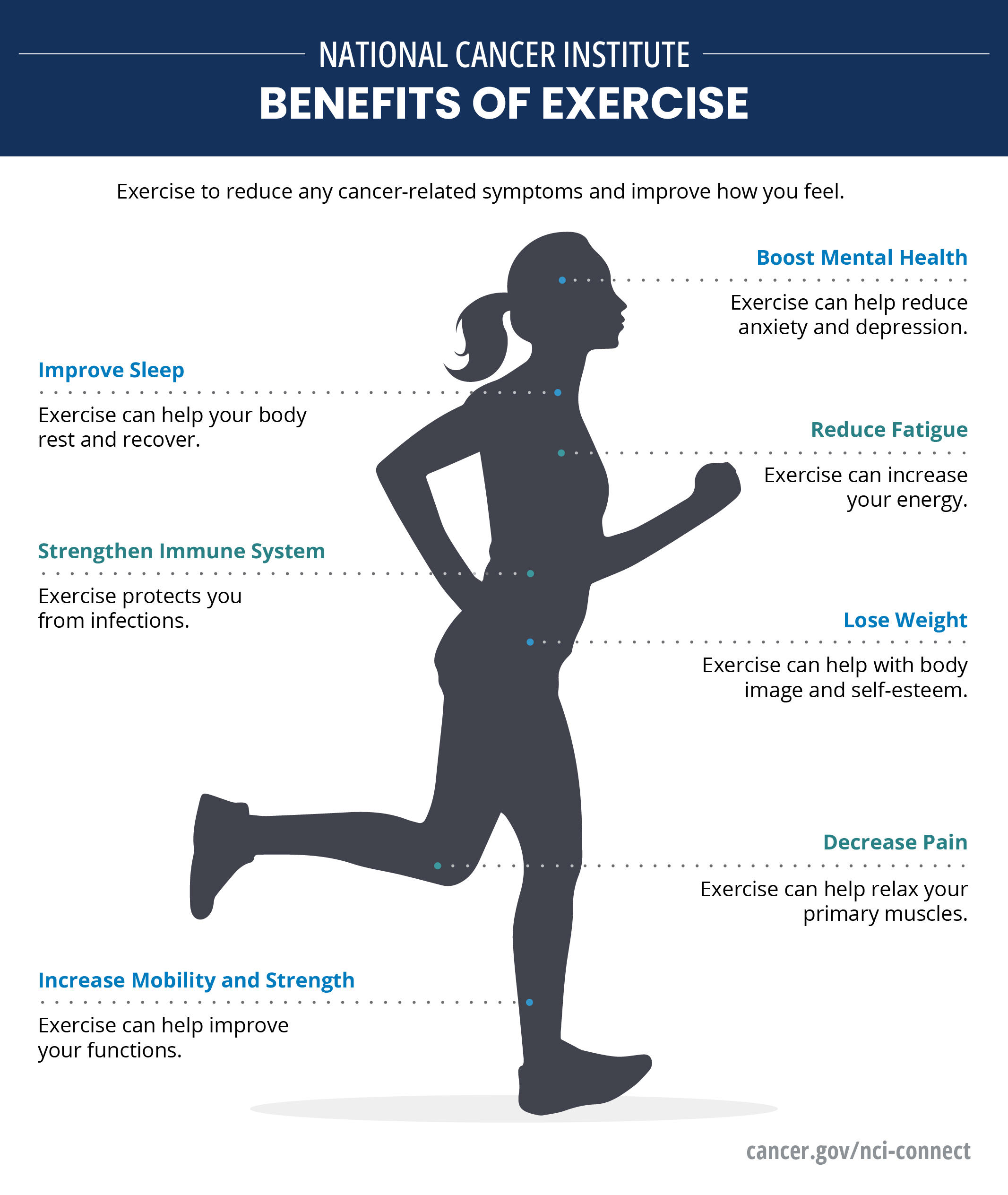
Introduction:
As someone who has battled cancer, I understand the challenges of managing weight during treatment. Cancer weight loss can be rapid and overwhelming, impacting both physical health and emotional well-being. In this article, I delve into the relationship between cancer, weight loss, and fitness, exploring how incorporating fitness routines can positively influence weight management during and after cancer treatment.
Understanding Cancer-Related Weight Loss:
Cancer-related weight loss is often a complex interplay of factors such as reduced appetite, changes in metabolism, and side effects of treatments like chemotherapy and radiation.
:max_bytes(150000):strip_icc()/unexplained-weight-loss-definition-and-causes-2249307_final-1886401fdb9949538c3b2637e2128d91.jpg)
This rapid weight loss can lead to muscle wasting, weakness, and fatigue, making it crucial to address through tailored interventions.
The Importance of Fitness in Cancer Recovery: Fitness plays a pivotal role in cancer recovery by addressing various aspects of health simultaneously. Engaging in regular physical activity can boost appetite, improve muscle strength, enhance mood, and even reduce the risk of cancer recurrence. It’s not just about weight management but overall well-being.
Types of Fitness Activities for Cancer Patients: There are numerous fitness activities suitable for cancer patients, ranging from gentle yoga and tai chi to moderate-intensity exercises like walking, swimming, and cycling.

These activities can be tailored to individual needs, taking into account energy levels, treatment side effects, and personal preferences.
Creating a Safe Fitness Plan: Before starting any fitness regimen, it’s crucial for cancer patients to consult with their healthcare team. A personalized fitness plan considers factors such as current health status, treatment phase, and any specific limitations or precautions. Safety and gradual progression are key.
Benefits of Regular Exercise During Cancer Treatment: Regular exercise during cancer treatment offers a multitude of benefits, including improved physical functioning, reduced fatigue, better sleep quality, and enhanced emotional well-being.

It can also aid in maintaining muscle mass and bone density, mitigating some of the effects of cancer-related weight loss.
Nutritional Support for Fitness and Weight Management: In conjunction with fitness, proper nutrition plays a vital role in managing weight during cancer treatment. A balanced diet rich in protein, healthy fats, vitamins, and minerals supports fitness goals and overall health. Consulting with a registered dietitian can provide personalized nutritional guidance.
Overcoming Challenges and Staying Motivated: While incorporating fitness into a cancer journey can be empowering, it’s not without challenges. Fatigue, treatment side effects, and emotional ups and downs may affect motivation and consistency. Setting realistic goals, finding enjoyable activities, and seeking support from loved ones can help overcome these obstacles.
The Role of Fitness Post-Treatment: Fitness remains important post-treatment as well, aiding in recovery, reducing the risk of cancer recurrence, and promoting long-term health.

Transitioning to a maintenance fitness plan tailored to individual capabilities and goals ensures ongoing benefits beyond the treatment phase.
Incorporating Mind-Body Practices for Holistic Wellness: In addition to physical fitness, incorporating mind-body practices such as meditation, deep breathing, and mindfulness can enhance overall wellness. These practices help manage stress, improve focus, and cultivate a positive outlook, contributing to a holistic approach to health.
Conclusion:
In conclusion, the journey of cancer-related weight loss is challenging, but incorporating fitness into the equation can make a significant difference. From aiding in weight management to enhancing overall well-being, fitness offers a range of benefits for cancer patients during and after treatment. By working closely with healthcare professionals, adopting a safe and tailored fitness plan, and embracing a holistic approach to wellness, individuals can navigate this journey with resilience and hope.

